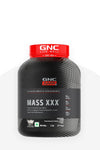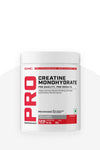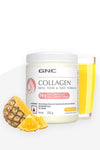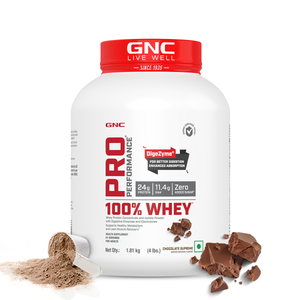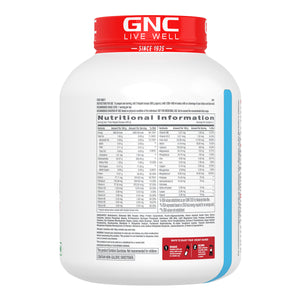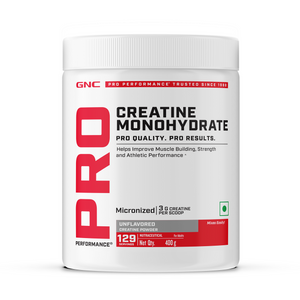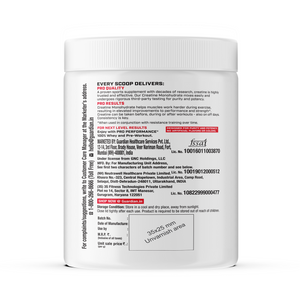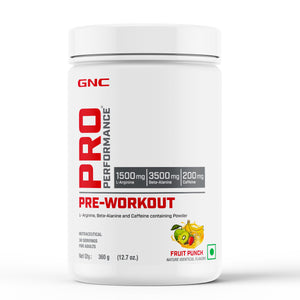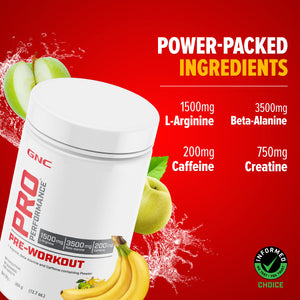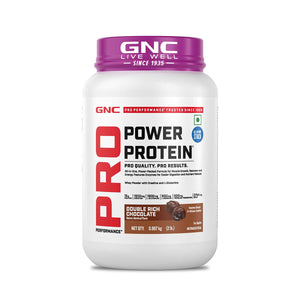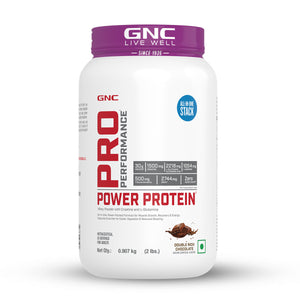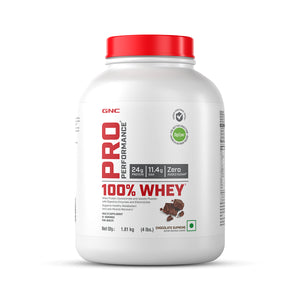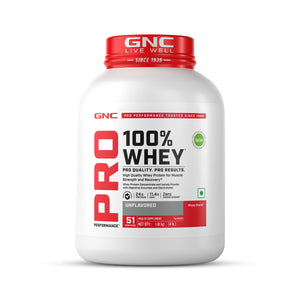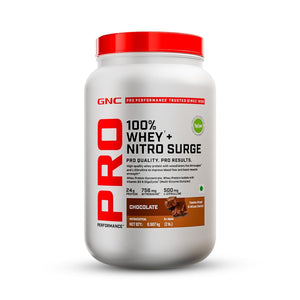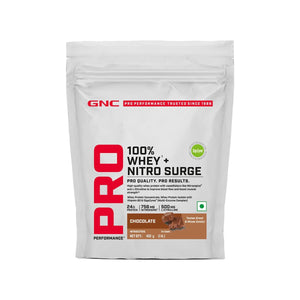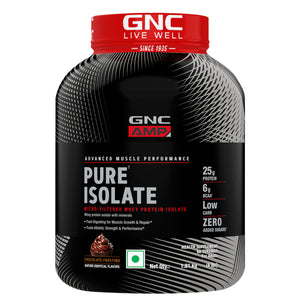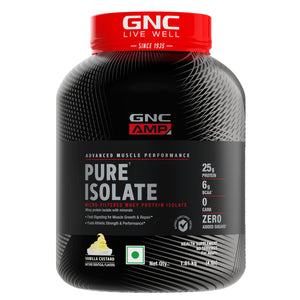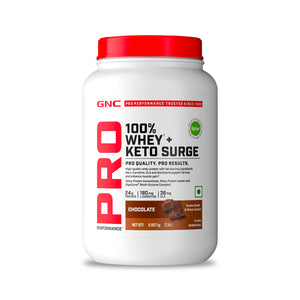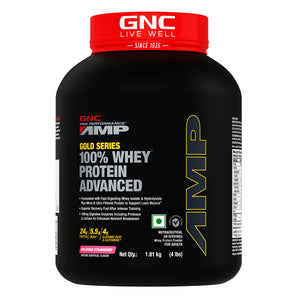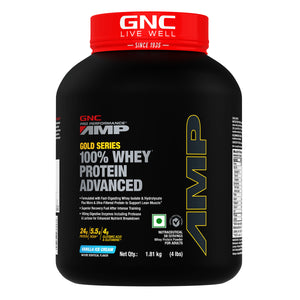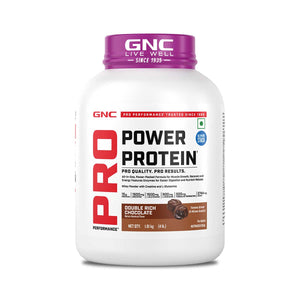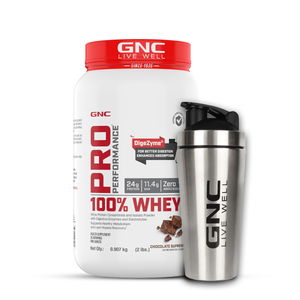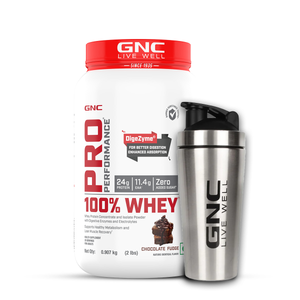Are you the one looking for the difference between peptides and proteins? The answer, in short, would be the “Size”.
Protein and peptides play a very important role in controlling biological functions.
Both peptides and proteins are made up of strings of the body’s basic building blocks – amino acids – and held together by peptide bonds.
So, what is the difference between peptides and proteins?
The basic difference between the proteins and peptides is the size and the structure. Peptides are the molecules made up of 2 to 50 amino acids and proteins are made up of 50 or more amino acids.
Peptides can be further classified into oligopeptides, which have few amino acids consisting of 2 to 20 amino acids and polypeptides, which consist of more than 20 amino acids. Protein usually is made from one or more polypeptides.
Proteins and peptides are fundamental components of cells that carry out important biological functions. Proteins give cells their shape, for example, and they respond to signals transmitted from the extracellular environment. Certain types of peptides play key roles in regulating the activities of other molecules.

Is there any benefit of adding peptides in whey protein powders?
Whey peptides are nothing, but isolates of amino acids derived from much longer whey protein molecules. These isolated whey peptides provide the following benefits:
- Improved rate of muscle growth
- Further, improve gastrointestinal health and immunity
- Improved nitrogen utilization and retention
- Increased intracellular glutathione and anti-aging antioxidants
- Along with these benefits, whey peptides also display antioxidant, antimicrobial and antihypertensive activities.
Thus, adding peptides to the protein powder can be beneficial and help boost your muscle growth.
GNC brings to you ISO Peptide Protein Ultra Bio-Available Anabolic Protein Matrix:
A blend of proteins and peptides strategically combined in an anabolic protein matrix to optimize amino acid utilization, nutrient uptake, and maximize post-training anabolic response.
Whey Protein Hydrolysate (WPH)
is created by hydrolyzing, or predigesting, intact whey proteins into a mix of amino acids and smaller proteins called peptides which are more rapidly absorbed by the body vs. intact proteins.
Collagen Hydrolysate
Collagen is the most abundant protein in humans and a major protein in connective tissue. Hydrolyzed beef collagen provides additional peptides in ISO-Peptide Protein, with an amino acid profile complementary to that of the whey peptides.
Leucine
is an essential amino acid, which cannot be manufactured in the body and is one of the three branched-chain-amino-acids (BCAAs). Helps fuel skeletal muscles and plays a critical role in regulating protein synthesis and protein degradation. It is an activator of the mTOR signaling pathway, a regulator of cell growth and many anabolic processes.
Opuntia Ficus Indica
Clinically studied opuntia extract is shown to positively modulate insulin response. When OpunDia is combined with leucine postexercise, the combination impacts insulin response.
Medium Chain Triglycerides (MCTs)
are quickly absorbed fat that can be converted to extra energy.



